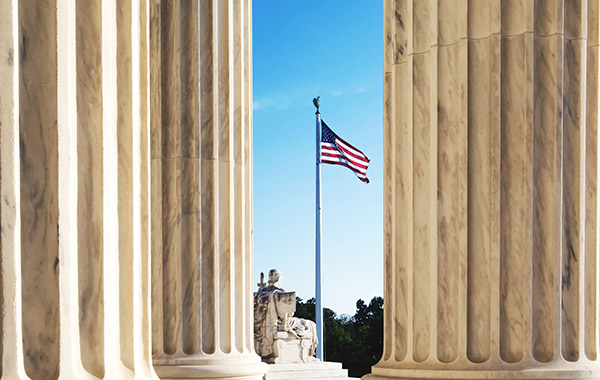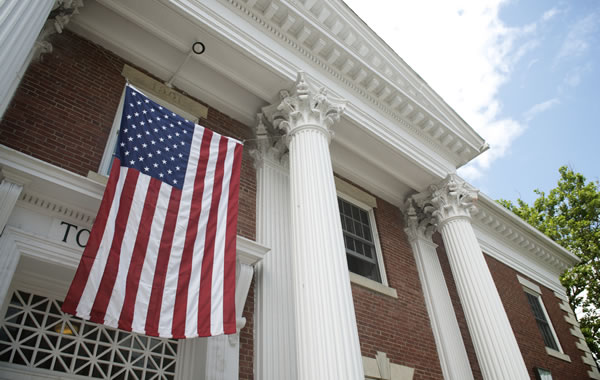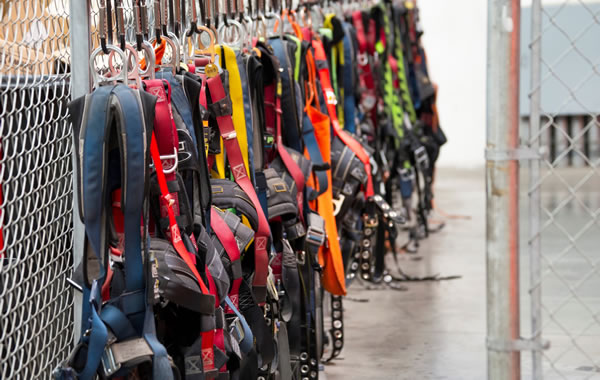Government Contracting Database
HUBZone
HUBZone
The HUBzone Empowerment Contracting program provides federal contracting opportunities for qualified small businesses located in distressed areas. Fostering the growth of these federal contractors as viable businesses, for the long term, helps to empower communities, create jobs, and attract private investment.
The HUBZone Empowerment Contracting program was enacted into law as part of the Small Business Reauthorization Act of 1997. The program falls under the auspices of the US Small Business Administration. The program encourages economic development in historically underutilized business zones – “HUBZones” – through the establishment of preferences. The Historically Underutilized Business Zone (HUBZone) Act of 1997, Public Law 105 – 135, Title VI, enacted on December 2, 1997, created the HUBZone Empowerment Contracting Program, which is sometimes referred to as the HUBZone Program.
The purpose of the HUBZone Program is to provide federal contracting assistance for qualified small business concerns located in historically underutilized business zones in an effort to increase employment opportunities, investment and economic development in such areas. A HUBZone is one or more of the following geographic areas: (1) qualified census tracts; (2) qualified non – metropolitan counties; or (3) lands within the external boundaries of an Indian reservation. The SBA certifies the HUBZone status of a small business concern after reviewing the qualifications the firm submits via application to the SBA; (4) Qualified Base Closure Area; or (5) Redesignated Area.
A small business must meet all of the following criteria to qualify for the HUBZone program:
Its principal office is located within a “historically underutilized business zone” or HUBZone.
It must be at least 51% owned and controlled by one or more US Citizens, and
At least 35% of its employees must reside in a HUBZone.
A “HUBZone” is an area that is located in one or more of the following and imputing your principal office’s address in at this website will give you an answer as well (https://maps.certify.sba.gov/hubzone/map#center=39.828200, – 98.579500&zoom=5):
A qualified census tract ( as defined in section 42(d)(5)(B )(ii )(I) of the Internal Revenue Code of 1986);
A qualified “non – metropolitan county” (as defined in section 143(k)(2)(B) of the Internal Revenue Code of 1986) with a median household income of less than 80 percent of the State median household income or with an unemployment rate of not less than 140 percent of the statewide average, based on US Department of Labor recent data.
Lands within the boundaries of federally recognized Indian reservations; a base closure area for 5 years after final base closure; or, census tracts or non-metropolitan centers for 3 years after losing qualifications as a “HUB Zone.”
Types of HUBZone Contracts
A competitive HUBZone contract can be awarded if the contracting officer has a reasonable expectation that at least two qualified HUBZone small b businesses will submit offers and that the contract can be awarded at a fair market price.
A sole source HUBZone contract can be awarded if the contracting officer does not have a reasonable expectation that two or more qualified HUBZone small businesses will submit offers, determines that the qualified HUBZone small business is responsible, and determines that the contract can be awarded at a fair price. The government estimate cannot exceed $5 million for manufacturing requirements or $3 million for all other requirements.
A full and open competition contract can be awarded with a price evaluation preference. The offer of the HUBZone small business will be considered lower than the offer of a non-HUBZone/non-small business – providing that the offer of the HUBZone small business is not more than 10 percent higher.
The SBA has developed regulations implementing the HUBZone program. Within certain limitations, certified small business concerns have the opportunity to negotiate sole source contracts and participate in restricted competitions limited to HUBZone concerns. In addition, HUBZone small business concerns may receive a ten percent (10%) price evaluation preference in full and open competitions. The authority to examine and verify firm eligibility and to investigate and rule on all challenges falls under the jurisdiction of the SBA.
Complete information concerning the HUBZone Program (including the application procedures) may be found at http://sba.gov/hubzone. Prior to consideration for award of a federal HUBZone contract, a small business concern must be certified and appear on the SBA list of qualified HUBZone small business concerns located at http://pro – net.sba.gov/, and www.ccr.gov.
Updated: July 9, 2018
Looking for additional government contracting resources?
Search Our Database





























